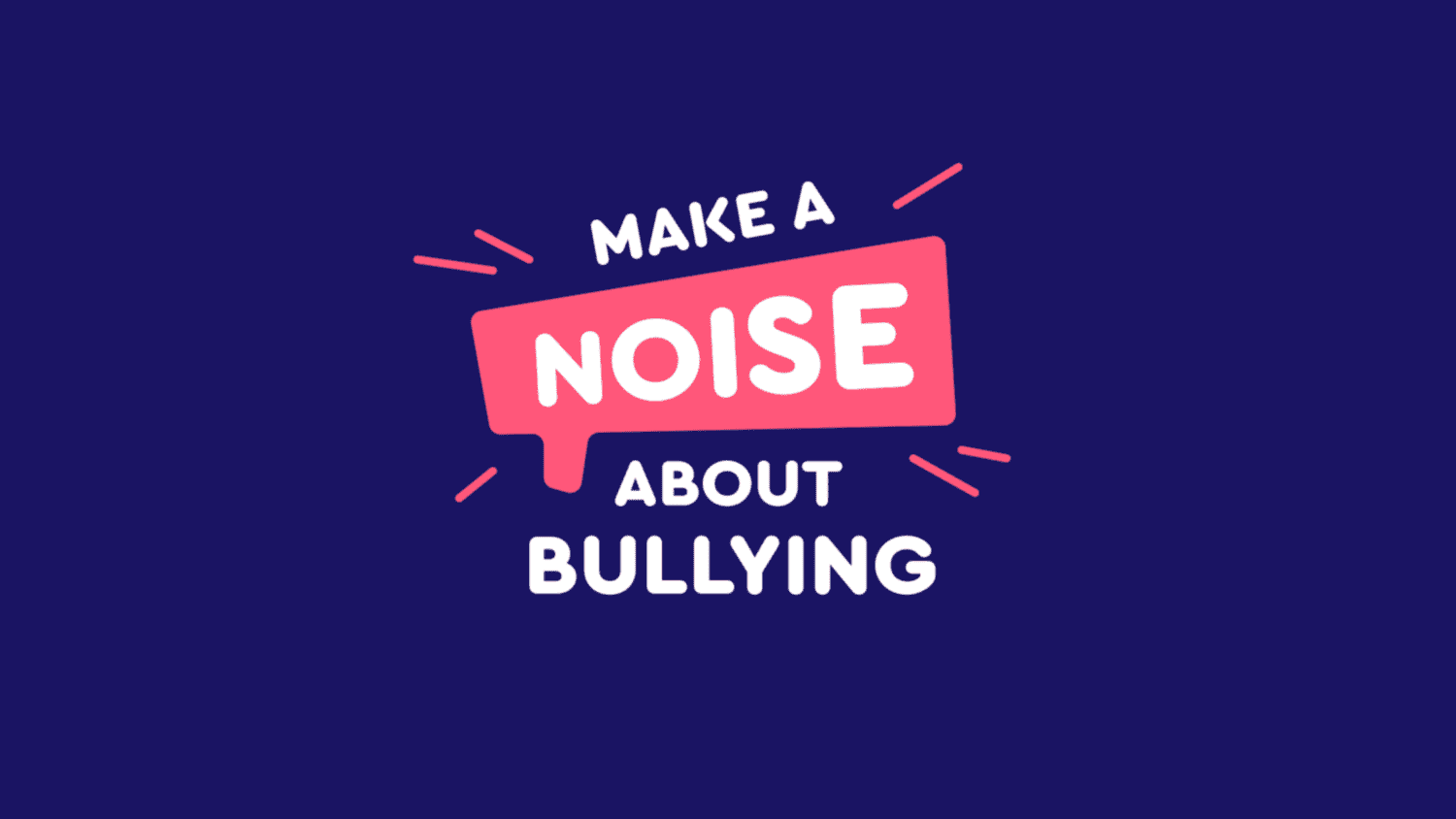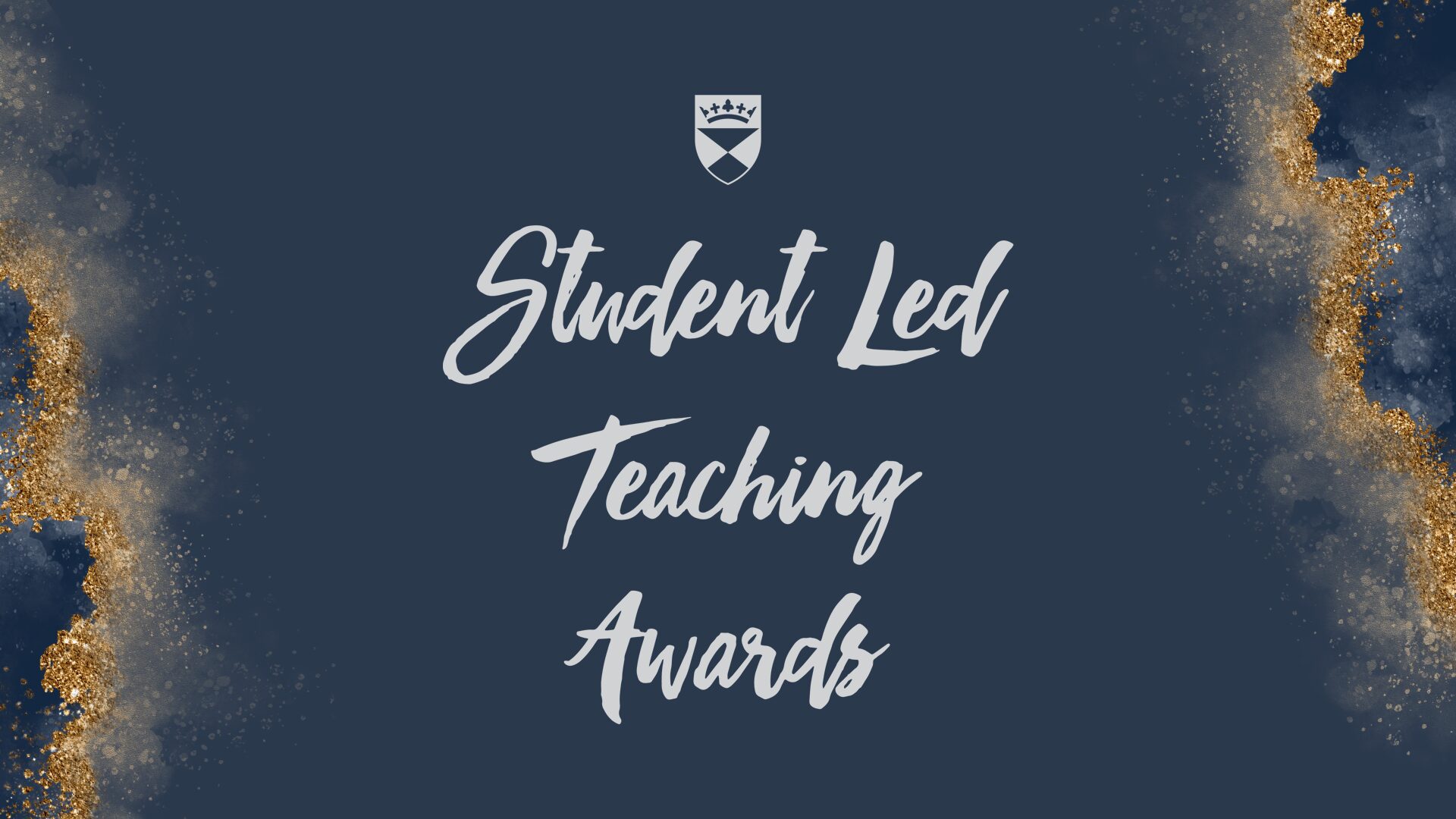
DUSA Exec statement on Supreme Court ruling and support for trans students
We are disappointed by the Supreme Court’s ruling that “the terms woman and sex in the Equality Act 2010 refer to a biological woman and biological sex.”

Anti-Bullying Week focuses on raising awareness about the detrimental effects of bullying and promotes a sense of belonging, inclusivity, and community-building. In this blog post, we will understand the different types of bullying students can experience and explore how fostering a sense of belonging can make them feel safe within the community.
Bullying can be threatening, insulting, abusive, disparaging or intimidating behaviour. It can also be placing inappropriate pressure on the recipient which can affect self-confidence or has the effect of isolating or excluding them. Bullying involves behaviour that is unacceptable to the recipient and creates an intimidating, hostile or offensive environment for employment, study or related social activities.
“In our diverse student body, it is important to treat your fellow students with respect. Address everyone you encounter in the same manner you would wish to be addressed. The university does not condone bullying of any form and those who are perpetrators will be sanctioned accordingly” – Bernard Aihevba, Vice President of Student Wellbeing.
Challenges faced by the students
Anti-Bullying Week offers an opportunity for students to come together share their experiences and raise their voices against unfair treatment. It can help the university and student association to take steps to create a sense of belonging that is essential for student’s emotional well-being and academic success.
1) Verbal Bullying: This involves name-calling, teasing, taunting, or spreading rumours. Verbal bullying can occur in person or through online platforms.
2) Social Exclusion: Students may experience bullying through exclusion from social groups or activities, making them feel isolated and marginalised.
3) Cyberbullying: With the prevalence of online communication, students may face bullying through social media platforms, emails, or other digital channels. This can include harassment, spreading false information, or inappropriate sharing of personal information.
4) Academic Bullying: Some students may face bullying related to their academic performance, such as being undermined or intentionally excluded in group projects or study groups.
5) Physical Bullying: While less common in higher education, instances of physical bullying, such as pushing, shoving, or other forms of aggression, can still occur.
6) Discrimination: Bullying based on factors like race, gender, sexual orientation, or nationality can manifest as discrimination and create a hostile environment for certain students.
7) Many students live in shared accommodation, which can pose its own set of challenges when it comes to bullying. Cultural barriers and Isolation is also a major factor in bullying.
Fostering a Sense of Belonging
*Open Communication: Maintain open lines of communication with your roommates and classmates. Discuss issues as they arise to prevent misunderstandings.
*Respect Boundaries: Respect each other’s personal space, privacy, and belongings.
*Peer Support: Join the network of peer support to get help and signpost your friends who may be experiencing isolation. Reach out to those who may be struggling – peerconnections@dundee.ac.uk
*Mental Health Resources: Gain access to mental health resources and services on campus. www.dundee.ac.uk/guides/get-help-mental-health
* Safe space – www.dusa.co.uk/speakeasy
*Cultural Awareness: Educate yourself and others about different cultures, traditions, and backgrounds to promote acceptance and diversity. Participate in the society events and activities that celebrate various cultures.
*Be vigilant against discrimination based on race, religion, or ethnicity, and report any incidents.
Useful Resources
During Anti-Bullying Week and beyond, students can access resources to educate and raise awareness about bullying:
University Resources: Reach out to the university’s student support and counselling services, and get the support needed.
www.dundee.ac.uk/student-support-team
https://libguides.dundee.ac.uk/c.php?g=667864&p=4737101
DUSA Advice and Support: Our Advice and Support team and VPSW are available to help, reach out at advice@dusa.co.uk
Other Online Resources: Explore informative articles, advice, and support.
The Anti-Bullying Alliance – www.anti-bullyingalliance.org.uk
Respect me- https://respectme.org.uk/

Priyanka Joshi is a web content writer and advice & support officer at DUSA.

We are disappointed by the Supreme Court’s ruling that “the terms woman and sex in the Equality Act 2010 refer to a biological woman and biological sex.”

We’re delighted to announce the winners of this year’s Student-Led Teaching Awards
It is a great pleasure to announce the results of the 2025 DUSA Elections.

As part of our commitment to supporting our student community, we want to share an update about the Breakfast Club and Pantry initiative.